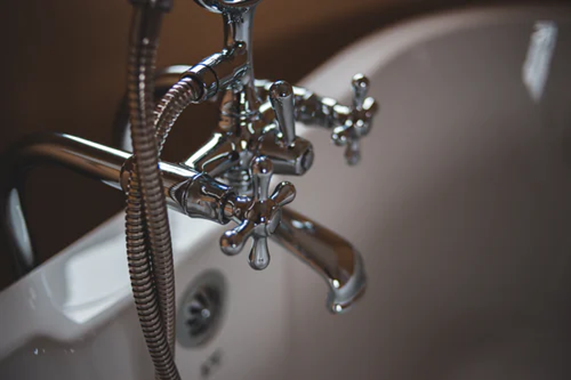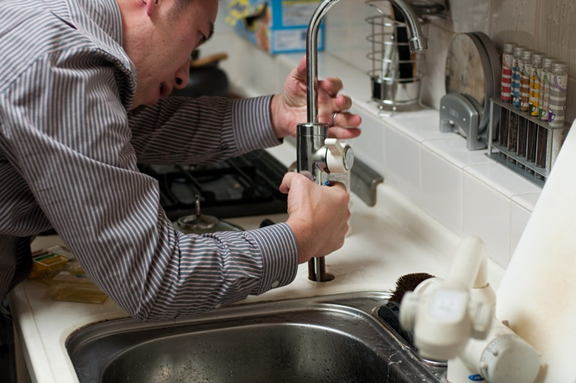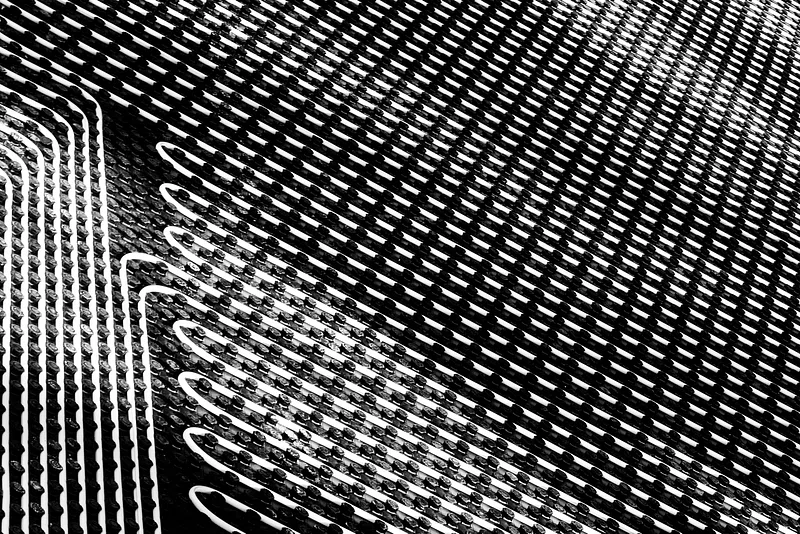Problems with home plumbing can cause major problems if they are not fixed. In order to avoid these costs, it is important to remember that maintenance of your plumbing is just as important as having your car tuned up regularly. You never know when something may happen if you do not maintain your pipes.

Plumbing problems can be dangerous if you don’t have a basic understanding of how your home plumbing system works. If you notice any strange sounds or smells coming from your pipes in your Littleton homes, then it may be time to have a plumber littleton co come take a look at what’s going on. The following is a guide for doing some of your own maintenance and repairs in order to help keep things flowing smoothly.
Daily Maintenance:
You might not know this, but setting up a system for daily maintenance and regular check-ups is one of the best things you can do when it comes to your plumbing. This can help prevent the most common issues that arise with plumbing from popping up. When left unchecked, these issues can lead to bigger ones and cause you damage, so it’s worth checking your pipes as regularly as you would your car filters.
Pipe problems aren’t just frustrating—they add pressure to your pipes and shorten the lifespan of your pipes by adding extra stress. It is always wise to get the clog cleared before it can ripen into a complete blockage. Better yet, prevent blockages in the first place. There are ways to prevent clogs, so you won’t have to worry about the potential negative consequences of slow drains or even clogged drains. Ask your plumber Littleton co about this.
You use your plumbing every day in your bathroom and kitchen. But do you ever think about what happens to all that stuff? Plumbing can be pretty tricky, but it doesn’t have to be if you learn how things work.
The Kitchen Dilemma
Kitchen drain clogs are a common issue. To prevent clogged kitchen drains, never put grease and oil down the sink. This includes cooking oils and fats from food preparation that can congeal in the pipes, blocking water flow.
If you want to avoid this problem, follow this kitchen plumbing maintenance checklist:
- Try avoiding placing fibrous materials in your disposal. that are difficult to grind up.
- Letting the cold water run for 15 seconds after using the disposal will ensure that food waste is flushed down the main line.
The Bathroom Clogs
Most if not all the products used to pamper our body are often oily or greasy. Once they go down the drain, however, they can latch to pipes which is the main cause of blockages.
- If you run multiple showers at the same time, called “double-showering,” it puts more stress on your plumbing system than if you wait 10 minutes between showers.
- When cleaning out your household pipes, avoid using dangerous chemical clog removers that can damage the pipes.
Weekly Maintenance:

You should check on your pipes once a week. This will provide you with the time needed to fix small problems before they become huge, costly ones.
Read Also :
The following plumbing tasks should be done every week:
- Run the faucets in your kitchen and bathrooms. If you see any water running after it has been turned off, you have a leak.
- If you discover drain bubbles, it’s usually a sign of a slow drain. Drains must have a swirling motion going down.
- Make sure there isn’t water leaking at any of the faucets, or dripping from any of the valves.
A tiny water leak can waste up to 1 trillion gallons of water a year nationwide. Leak detection isn’t too difficult if you know some of the most common places where leaks occur in your home’s plumbing system—usually, it’s one of these culprits: Worn toilet flappers, Drippy shower heads, Loose pipe fittings, Pipe valves, and the most popular Faucets.
Seasonal Maintenance:
Seasonal change can affect your plumbing. Every fall, winter, spring, and summer you should inspect the exterior of your home to make sure that there is no water damage or mold developing.
Fall Plumbing Maintenance
During fall, As the leaves change in color and fall from the trees, or as the temperature begins to drop, you should start to think about preparing your pipes for winter.
If you have a hose or spigot outside, make sure you drain its remaining water when the season is over, and store it in a safe place. By following these tips, you can ensure your vacation home’s water pipes are in tip-top shape when winter comes.
- Disconnect your water hose from the outdoor spigot, it might freeze and break the pipe outside.
- If there are outdoor faucets, turn them off and drain the water from the lines.
- Pipes that are exposed to cold air may freeze and burst, causing water damage. If your pipes are in a crawl space, garage, or other unheated area, consider insulating them with a pipe sleeve to keep them warm.
Winter Plumbing Maintenance
Pipes freezing poses a major threat to homeowners, and the main concern during winter is preventing your pipes from freezing.
If you want to avoid the headache of frozen pipes, make sure to check off these winter plumbing maintenance tips.
• Water pipes whose temperature might fall below freezing should be insulated, which is especially important in crawl spaces and basements.
- To keep water from freezing as it travels through the pipes in your home, you should periodically run a thin stream of water.
Spring Plumbing Maintenance
Spring is the time of year when homeowners start worrying about interior and exterior home improvements. Spring is also the best time for plumbing maintenance since it’s easier to do so before the summer heat sets in.
- If you don’t keep your drains working properly you will not be able to use your indoor plumbing. To fix that, check each drain and make sure it is working.
- If you have a water meter, check it for leaks. If your bills are rising slowly but noticeably every month, you likely have a leak.
Summer Plumbing Maintenance – If you’re going to have your septic tank inspected, having it done during the summer is best because it makes it easier for the plumber to work and the ground’s warmth makes it easier for the inspection itself.
- You may want to consider removing your tree’s roots if they’re too problematic and affect pipelines
- Clean your sprinkler system heads from grass clippings, leaves, and dirt, and make sure they work properly, so you don’t damage them while mowing the lawn.
You don’t have to do everything yourself when it comes to plumbing inspections and repairs. Your local plumber is available to assist you in ensuring that your home plumbing system is in good working order.
If you have any problems or queries, contact a plumber. They may also have some useful suggestions for reducing water consumption and energy expenditures.









